


This year, the second LDAC Summer School dedicated to the application of semantic web, linked data and web of data technologies in architecture, engineering and construction (AEC) is hosted in Cercedilla, Madrid. Considering the growing interest in these technologies from the AEC industry, this Summer School will provide a starting point for participants that are new to the topic entirely and the opportunity to enhance the understanding and overview of implementations and approaches in the built environment for participants that wish to deepen their knowledge in this field.
The Summer School brings together experts and researchers on this topic and welcomes a broad domain of participants from diverse backgrounds such as computer science, architecture, and engineering. With a mixture of lectures, personal interactions with experts in the field, hands-on exercises and coding challenges, it gives participants the opportunity to explore the possibilities of the semantic web, linked data and web of data technologies for their own research and practice needs in their individual pace and depth.
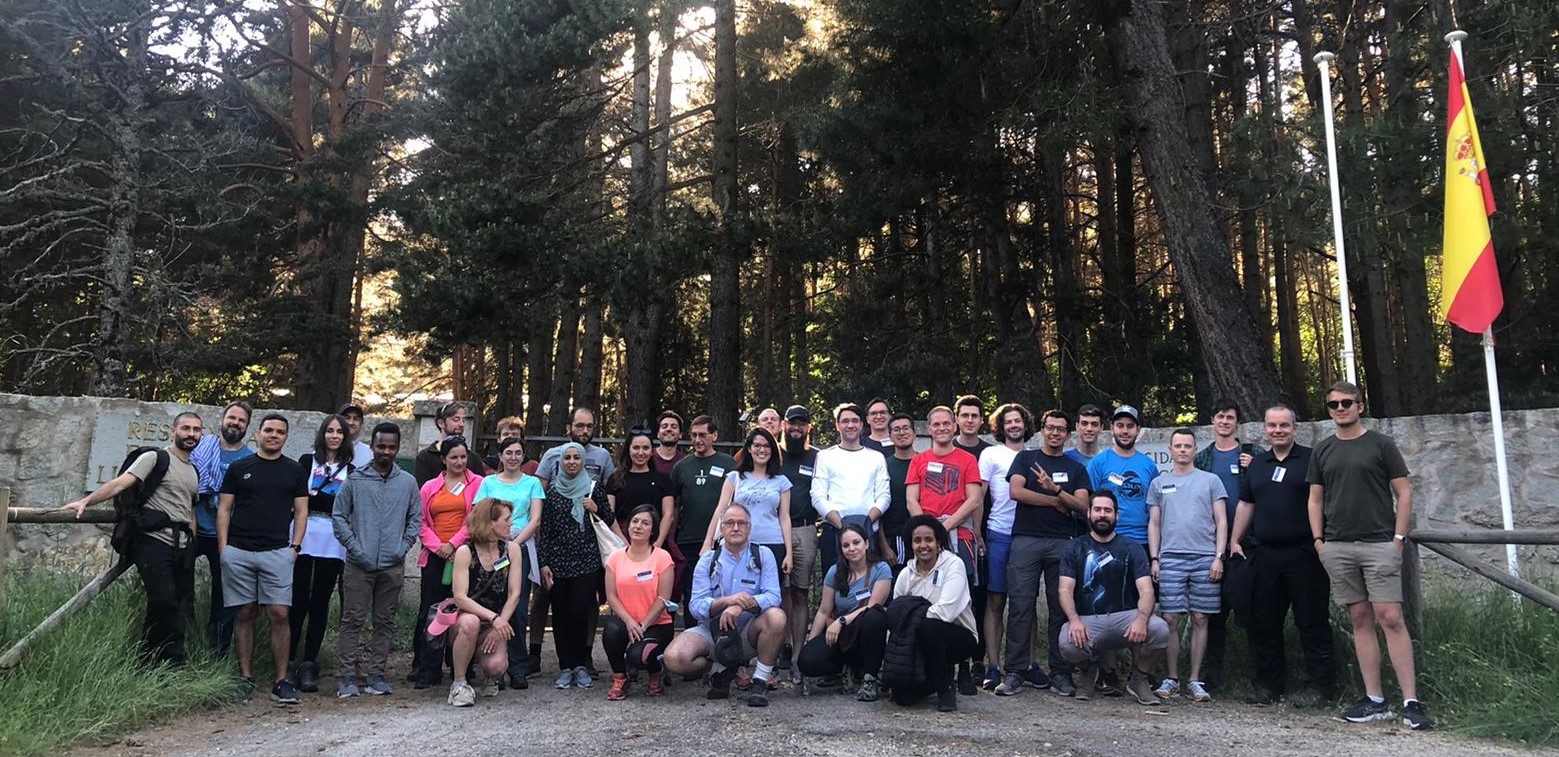
The aim of the LDAC Summer School is to introduce participants to the principles of the Semantic Web and potential as well as implemented applications of it in the architecture, engineering and construction domain. It provides an overview of the technology behind it and current trends in ongoing research in this area, focusing on:
You should attend this Summer School, if you are interested in:
The LDAC Summer School is tailored for:
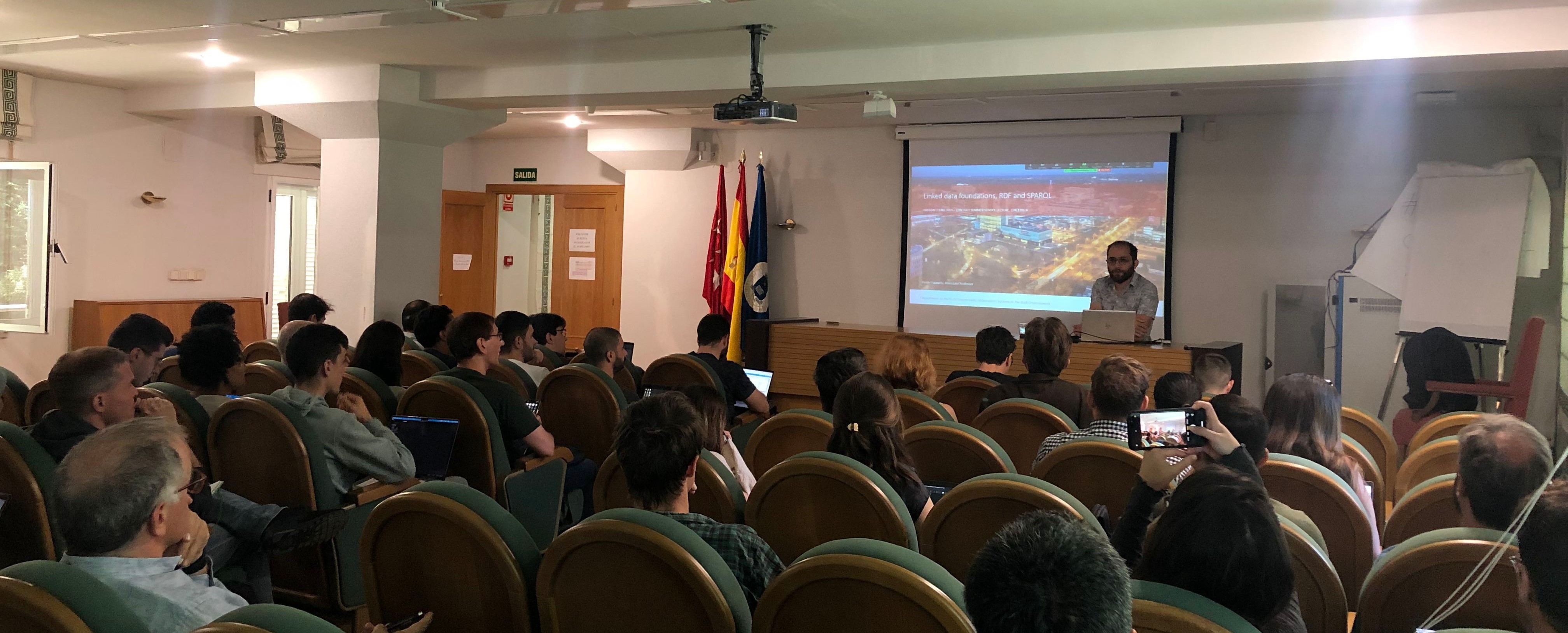
The LDAC Summer School will take place at the Residencia Lucas Olazábal in Madrid, Spain, from June 6 to 10, 2022. All days will involve lectures and guided hands-on sessions from 9:00 to 18:00 WEST, followed by the possibility to work on the coding challenge in late-evenings and night hackathons at the same venue with lecturers and tutors available for help.
The LDAC Summer School program follows the below schedule:
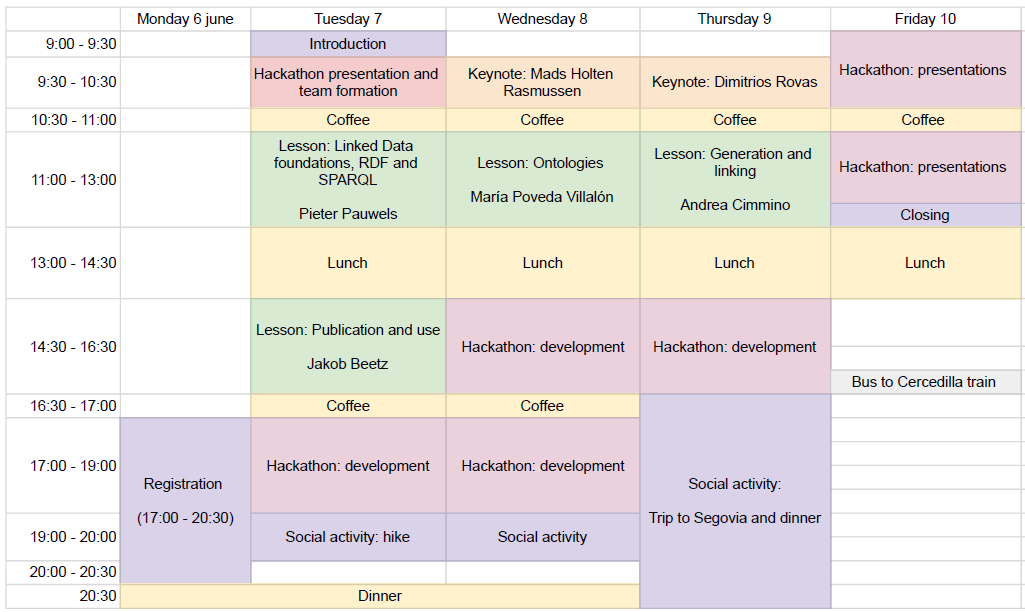
An integral part of the summer school is the application and strengthening of newly learned knowledge from lectures in practical research work: The coding challenge.

The goal of the challenge is for participants, grouped in interdisciplinary teams, to address and define real world problems. The teams build lightweight applications enabling enrichment, querying and browsing of Linked Building Data sets, cross-domain data exploration and reasoning, generate own small test data sets and formalize existing data sets using adapters.
As a field of study, open data sets are provided as a playground for participants and can be augmented by own data sets. A suite of open-source tools are introduced to perform related tasks and form in combination with the support of the tutors the initial spark create something new.
The following coding challenges are set up for all participants (groups of 4). Find more information about these challenges in the corresponding GIT repositories:
Each member of the winning group will be awarded a prize, generously sponsored by:

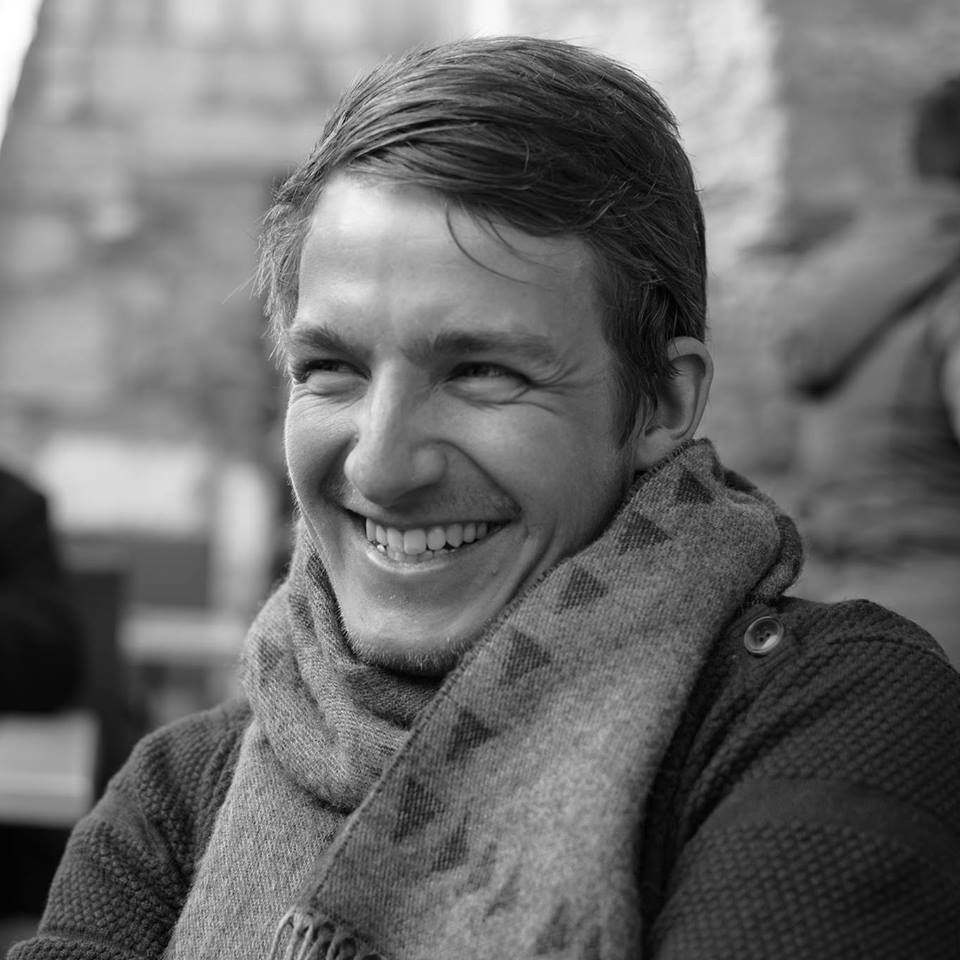
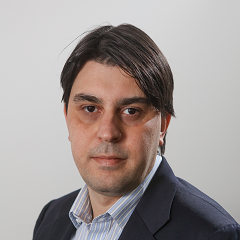
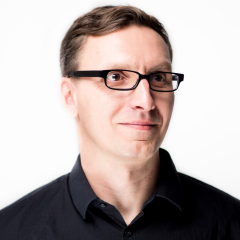
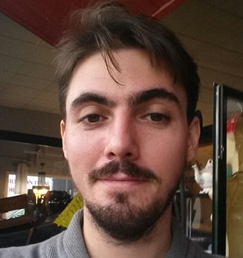
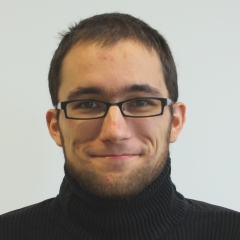
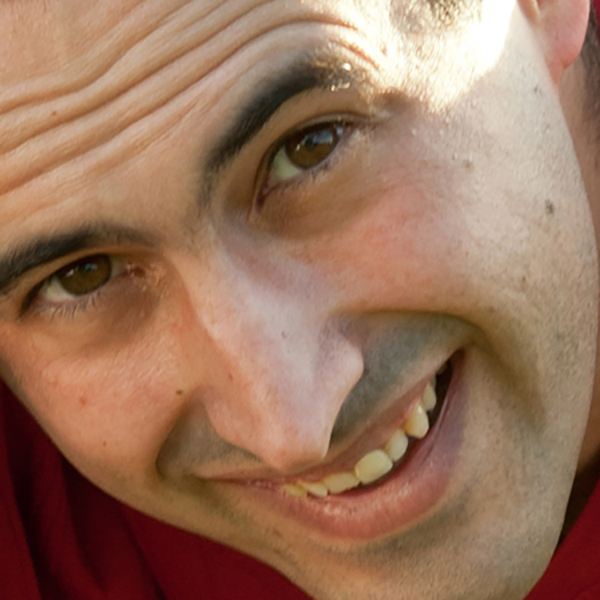
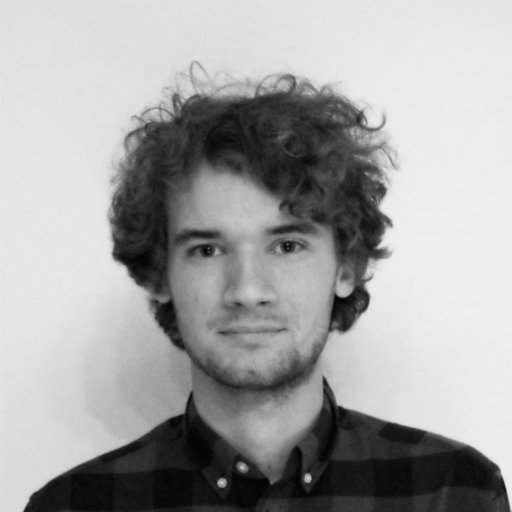
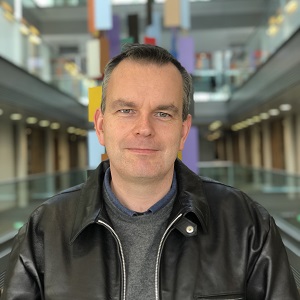
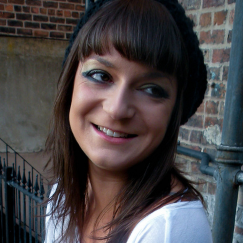
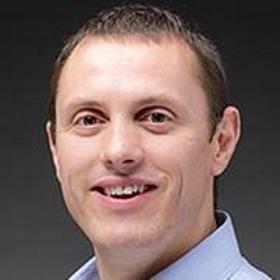
To enable the Summer School to meet the participants’ individual expectations and ensure a satisfactory staff-student ratio, the Summer School will open for a limited audience of 40 participants (first come, first serve)..
The summer school is fully booked. Registrations are now CLOSED! See you at our next edition!
Price of the Summer School: 650 €
Registration includes all sessions in the programme, meals, accommodation and Gala dinner.
The tentative location for the gala dinner is Segovia.
The Second Summer School of Linked Data in Architecture and Construction will be held at Cercedilla (Madrid), which is a small village in the mountains, near Madrid.

The event will take place at the Residencia Lucas Olazábal of Universidad Politécnica de Madrid, which is located in Cercedilla, in the forest of the Sierra de Guadarrama, in a place known as Las Dehesas de Cercedilla, which is 50 km away from Madrid, and 15 km away from Navacerrada.
The nearest airport is Adolfo Suárez Madrid-Barajas. Once you are in Madrid, the best option to go to Cercedilla is by train. The estimated time of the whole trip (from Adolfo Suárez Madrid-Barajas airport to Cercedilla Residence) is around 2 hours.
If you reach to Terminals 1, 2 or 3 in Adolfo Suárez Madrid-Barajas Airport
Go to the metro station and take take line 8 (the pink line on the map) to Nuevos Ministerios statin. Leave the metro station and go to the train station (Cercanías Renfe). Then take line C8B to Cercedilla.
If you reach to Terminal 4 in Adolfo Suárez Madrid-Barajas Airport
Go to the train station and take line C1 to Chamartín. Then take line C8B to Cercedilla.
The train depot in Cercedilla is 1.5 km away from the Residence. You should take a taxi to get to the residence. Here are numbers for Taxis in Cercedilla:
(+34) 61 980 64 52
(+34) 65 026 30 43
(+34) 61 922 62 72
Furthermore, members of the summer school will be giving directions of how to get a taxi on the train station.
If there is nobody waiting for you at the Cecerdilla train station, please phone the following numbers:
(+34) 91 852 23 78
(+34) 91 858 20 06
From Madrid, motorway A-6 until the exit El Escorial, Guadarrama. Take direction Guadarrama until crossroads with the old N-6 (it is a crossroads with traffic lights where you can see El Piquio Hotel). Turn left and cross Guadarrama village until Cercedilla indication (it is a road on the right, next to a headquarters). Go straight on road until Cercedilla. When you pass the Cercedilla’s train station, go straight on next crossroads Las Dehesas – La Fuenfría direction. When you arrive to forest information turn right following Residencia Lucas Olazábal UPM direction.